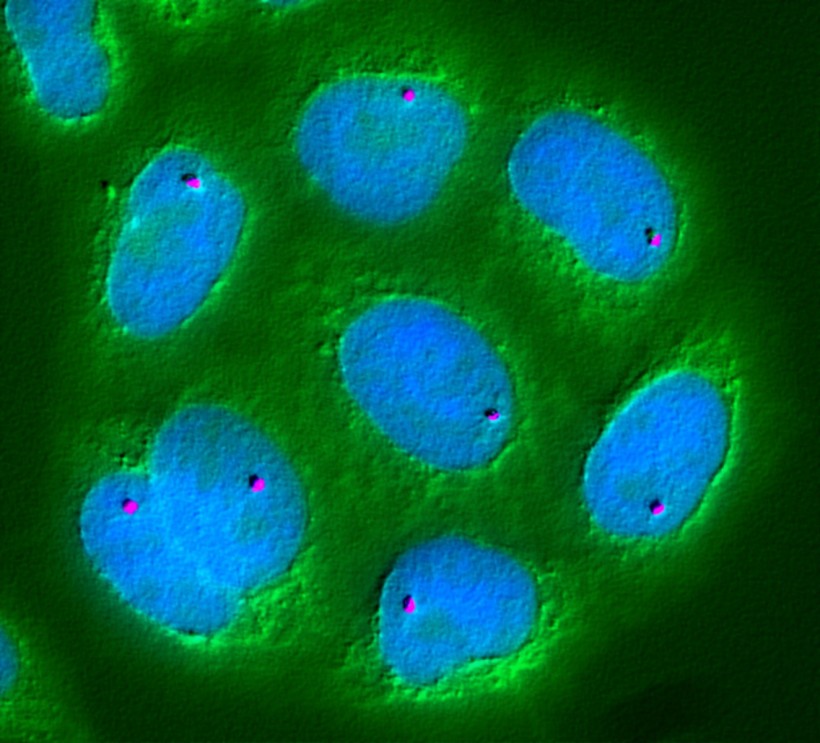Immune cells protect the body from infection and even cancer. A new study found that these cells seek out various fuel sources to function, including cellular waste products. Russell Jones, Ph.D., the senior author of the study, said that the findings showed that immune cells are more flexible than previously thought and prefer some nutrients dismissed as waste.
The study titled "Carbon Source Availability Drives Nutrient Utilization in CD8+ T cells," published in the journal Cell Metabolism, lays the foundation for future personalized diet recommendations for optimizing T cells and developing new therapies for boosting the body's ability to fight cancer and other diseases.
What Are T Cells?
T cells are a type of white blood cell that is part of the immune system that develops from stem cells in the bone marrow, according to the National Cancer Institute. They help protect the body from being infected with pathogens or viruses and may help fight cancer. They are also known as T lymphocytes or thymocytes.
Moreover, Arizona State University's Ask a Biologist page compares T cells to be like a special forces unit that fights off one kind of virus attacking the body. There are two types of T cells, namely the Helper T cells and the Killer T cells.
Helper T cells do not make toxins or fight invaders themselves. Rather, they are team coordinators that use chemical messages to instruct other immune cells to help Killer T cells and B cells to make more of them to fight the infection and ensure they stay under control.
On the other hand, Killer T cells find and destroy infected cells that have become virus-making factories. They identify infected cells from healthy ones with the help of antigens. When they can find these infected cells, they destroy them.
Antigens are special molecules that act as identification tags to give the immune system information about cells and intruders. Healthy cells have self-antigens on their membranes and let T cells know that they are not intruders. An infected cell will have virus antigens that signal the Killer T cell that it is an intruder and must be destroyed.

Immune Cells Seek Out a Wide Array of Fuel Sources Even From Cellular Waste Products
ALSO READ: T-Cells Seek Cancer Cells Using the Smallest of Forces; Five Pico- Newtons
Lactate at Lower Levels Enhance T Cell Functions
Researchers of the study developed a media packed with a more diverse range of nutrients to study T cells in the lab, Medical Xpress reported. Jones said previous methods would give immune cells the basic diet equivalent to eggs and toast. But they found that when they gave the immune cells the full buffet, they prefer various fields than previously believed.
One particular nutrient caught their eye was lactate, a cellular waste product responsible for muscle aches after a long workout. The team observed that T cells preferred lactate with glucose to produce energy that enhances their function.
Lactate is a known byproduct of cancer cells and facilitates its ability to invade healthy cells and other tissues by attacking the immune system. But the findings show that they might not be bad for T cells. It shows that at lower levels, lactate enhances T cell function.
Also, they found that T cell function and survival are influenced by nutrients available in their environment. The team looks forward to delving deeper into the relationship between metabolism and the immune system. They noted that their findings have major implications for how clinicians tailor dietary recommendations to promote health and combat disease.
RELATED ARTICLE: Woman from Argentina Mysteriously Cured of HIV; Studies Suggests Strong T Cells of Immunity Responsible for Healing
Check out more news and information on Medicine and Health in Science Times.














